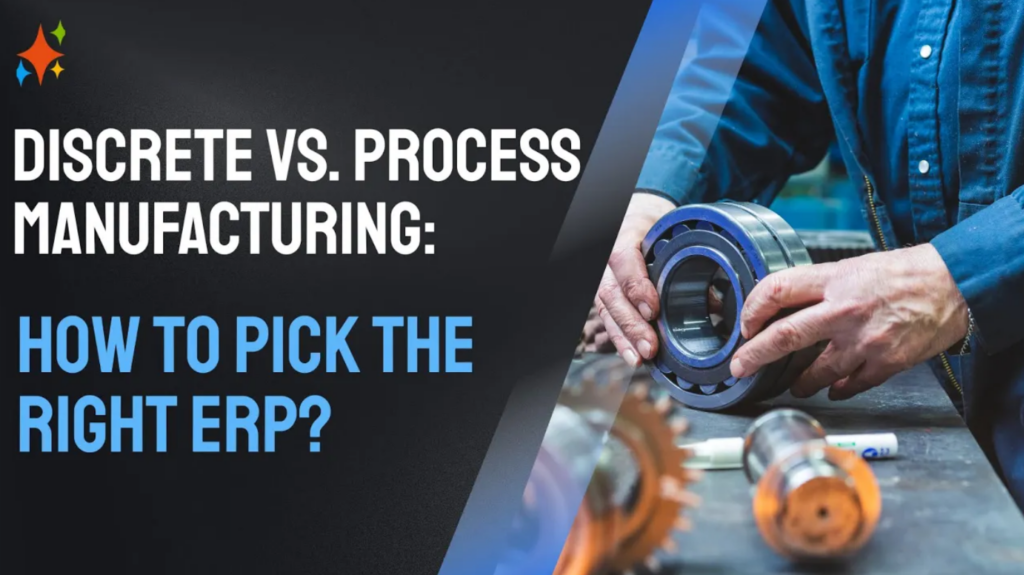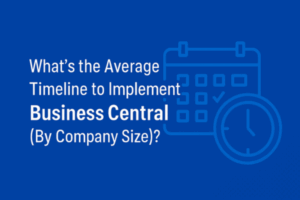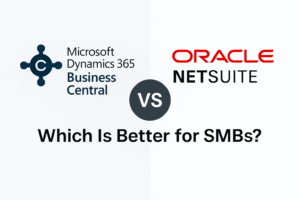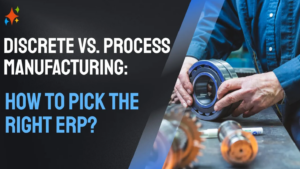Discrete vs. Process Manufacturing: Key Differences
Discrete Manufacturing
✔ Produces individual units that can be assembled and disassembled (e.g., cars, electronics, furniture).
✔ Uses Bill of Materials (BOM) to track components.
✔ Each unit is distinct and countable.
Process Manufacturing
✔ Produces batches using formulas or recipes (e.g., chemicals, food, paint).
✔ Uses recipes and formulas instead of BOM.
✔ The final product cannot be broken down into original components.
Why ERP Needs to Match Your Manufacturing Type
ERP systems must align with how you produce and manage inventory. Here’s why:
- Inventory Management – Discrete manufacturers track parts, while process manufacturers track ingredients and yields.
- Production Planning – Discrete manufacturing follows a step-by-step process, while process manufacturing works in batch formulas.
- Compliance & Quality – Process manufacturing often requires FDA, GMP, or other regulatory tracking.
- Traceability – Recalls differ: a faulty car part is tracked differently than a contaminated food batch.
How to Choose the Right ERP for Manufacturing
For Discrete Manufacturing, look for:
✔ BOM management (Bill of Materials).
✔ Make-to-Order / Make-to-Stock capabilities.
✔ Inventory tracking for individual components.
✔ Work orders & job costing.
For Process Manufacturing, look for:
✔ Batch processing & recipe management.
✔ Lot & serial traceability.
✔ Yield calculations & waste tracking.
✔ Compliance & quality control features.
Common Mistakes to Avoid
🚨 Choosing a One-Size-Fits-All ERP – Many ERPs don’t support both discrete and process manufacturing effectively.
🚨 Ignoring Compliance Needs – If you work in food, pharma, or chemicals, compliance tracking is a must.
🚨 Not Thinking About Scalability – If you’re moving from QuickBooks or spreadsheets, ensure your ERP can grow with you.
Why Choose Alchemy 365?
Alchemy 365 supports both discrete and process manufacturing. Whether you assemble products or work with batch formulas, our ERP handles:
✅ BOM & Batch Management
✅ Lot Tracking & Compliance Tools
✅ Scalability for Growth
Want to dive deeper? Check out our blog in the description for more details!
Like & subscribe for more ERP insights, and we’ll see you in the next video. Take care!






































